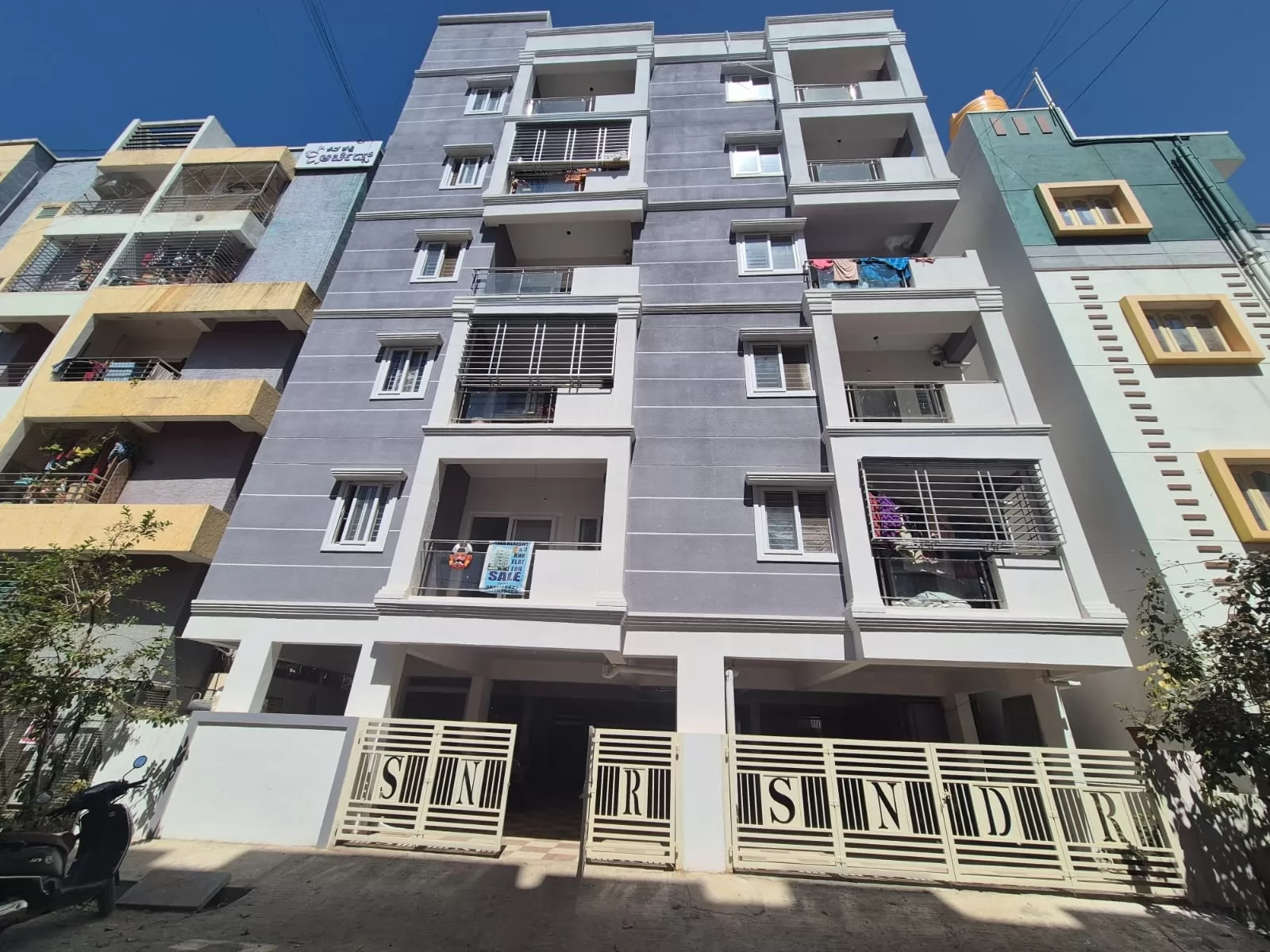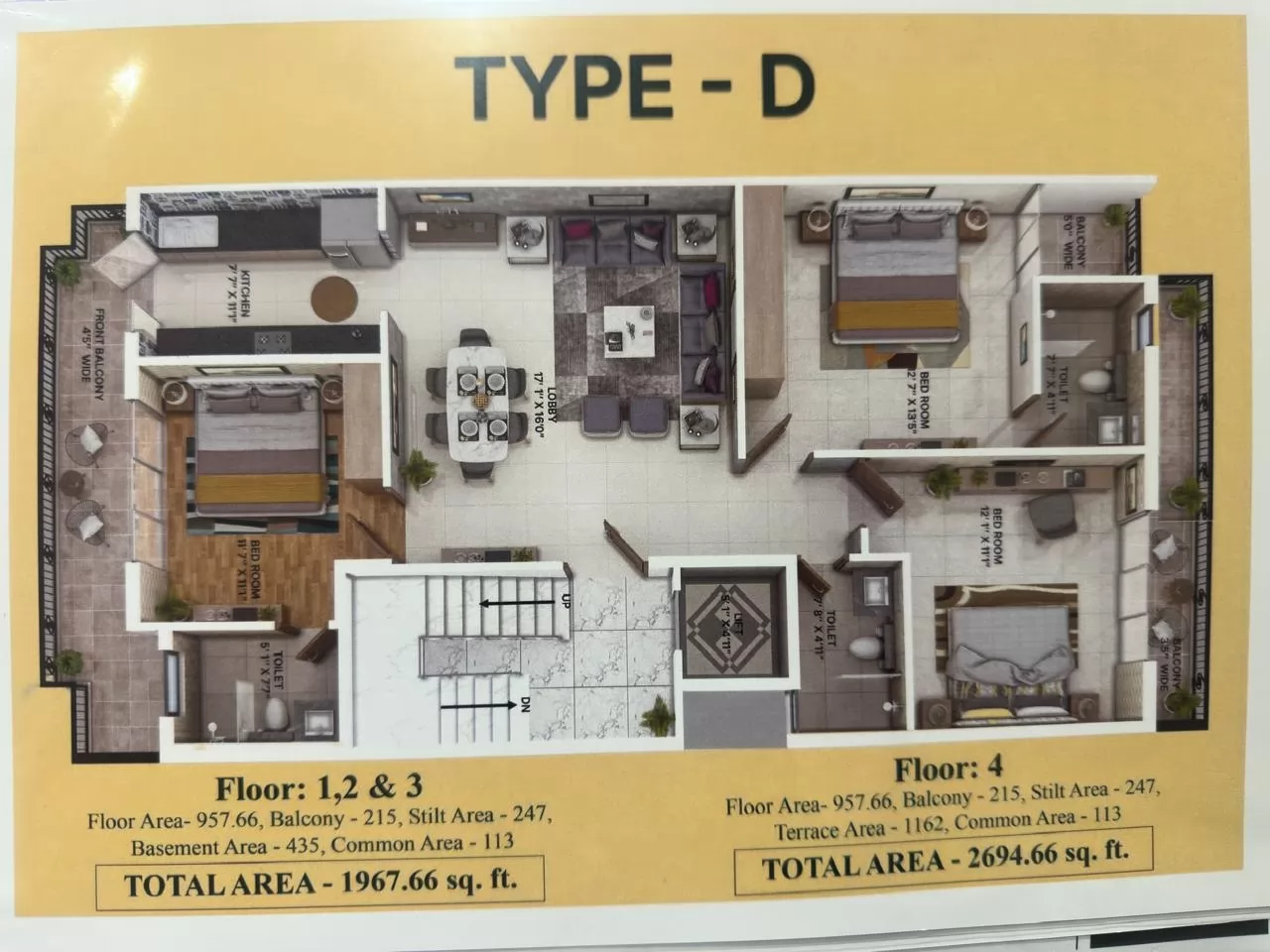Online Property and Land Registration in India: Process and Charges
Bricksnwall Trusted Experts

To lessen the inconveniences that were once an
intrinsic part of the property registration procedure in India, the state
government has devised new techniques for registering property. In other words,
you are no longer required to walk around and visit government offices, where
you will have to wait in long queues to register your property. The
registration task can now be completed using online channels, which can be an
expedient way of completing the house registry process and saves a significant
amount of time.
Property Registry
The legal process is known as the property
registry. This is done to generate or update the owner's name entry in the
government database. The home registry process involves paperwork linked with
properties filed with local authorities under Section 17 of Registration in
1908.
Is it mandatory to register the property?
Registering the brand-new property in your name is
not an option. All buyers must register their property under Section 17 of the
Registration Act. As the procedure advances, home buyers and property owners
are obliged to pay the same amount of the deal value as the stamp duty to their
state government, plus 1% of the registration fee.
In most states, home buyers must go to the
sub-registrar's office to register their property. Some jurisdictions have
developed a variety of services to assist landlords with the property
registration procedure in order to provide time-saving and effective
registration services. The owners of flats and plots can register online using
the internet.
Owners and buyers should be aware that withholding
registration to save money may cost them more money in the long run, and it is
a risky action. Without registration under the owner's name in official
records, the owner may be unable to show ownership of the property in any
future deposits.
Online Property Registration
If you live in a state that offers offline property registration services, there are various elements to consider to help you complete the procedure.
- It's important to understand that only a portion of the process can be completed online.
- You'll be able to get the circular pricing in your area to determine the final property's worth.
- You will be able to pay the stamp duty and registration charge using a mobile device, and you will receive a receipt.
- It can help you compute stamp duty and learn about registration fees.
- You will need to schedule an appointment and visit the sub-registrar's office. You must visit the location at the allotted time.
Your appointment will be scheduled only when you have paid the applicable stamp duty and registration payments online. You will have to pay using a debit card, net banking, or credit card. Keep in mind that most states prefer and use online payments. Buyers may be able to pay with a check or cash in various areas of the state.
If the deal's worth exceeds 50 lakh rupees, the buyer
is entitled to and must pay 1% of the TDS based on the property value. They
will need to pay the amount online and print off their receipt. Ensure that you
receive the receipt as required throughout the kind of verification.
Process of Online Property Registration
Several states provide websites for registering
property online. For example, in Bangalore, you can access Kaveri internet
services. To proceed with the process, you must first register as a user on
these websites. You'll need to enter the following information:
Execution Date
Sale deed: Party number
Document registration
You will also need to provide the following:
Proof information for the purchasers and witnesses
Property value
Property nature
You will be required to provide the following documents during the registration of the property:
Identity evidence, such as PAN and Adhaar
Please include two passport photos of all parties
involved, as well as authority power if one party is representing another.
Resolution copy, authorization letter, if a
corporation is a party.
Property card
Payment acknowledgment for stamp duty
Registration Fee
Steps for Online Property Registration
Here is a list of the actions you must take for
online property registration:
Step One: Application
To create a draft, you will need to fill in all the
information required by the legislation on registration websites.
Step 2: Printing
Printing Draft printing on stamp paper with the signatures of all parties involved.
Step 3: Approval.
The online property registration websites will handle the office's inquiries and register the property with the appropriate authorities. Nonetheless, all party members must be present in the sub-registrar's office during the property registration. Visit https://legaldocs.co.in/property-registration to begin the online property registration process.
Documents You Should Carry
You will need to purchase the e-stamp papers and
pay the stamp duty and registration fees online. You will need to present the
documents to the office sub-registrar for verification.
The following is the information you will need to insert:
Property Description: Area, Pin Code, Number
Property types include agricultural, flat, and
plot.
Modes of ownership include gift, lease, and gift.
Details about the owner, such as name, occupation,
parents' names, etc.
Property proofs include attorney power and title deeds.
It is critical information to remember, and you should attempt to complete the process with the assistance of a lawyer and a property broker. It would be ideal if you never used a third party in the process.
Many states have portals to help people register their properties. These include information on model deeds and stamp duty rates, as well as instructions for parties to commence the registration process. However, to complete the property registration process, an individual must visit the sub-registrar's office.
- Property registration in India consists of the following steps: Verification of the property title. Estimate the property's value. Preparation of stamp papers. Getting the sale deed ready. Payment of the stamp duty and registration fees. Approach the sub-registrar to register. Document submission.
- The registration takes around 15 days, and you will receive the document only if you give the receipt obtained upon registration.
- The online procedure does not complete all of the land registration formalities. To verify your documents, you must visit the sub-registrar's office. The online approach allows you to pay the stamp duty and registration fees.
- The registration price is 1% of the total amount of the sale deed plus a Rs. 100/- pasting charge. Both vendors and vendees must be present, along with identity documents such as a passport, Epic card, driver's licence, and Pan card, among others.
- In India, if an individual want to proceed with any real estate property transactions, they must present their PAN (Permanent Account Number) Card credentials.




